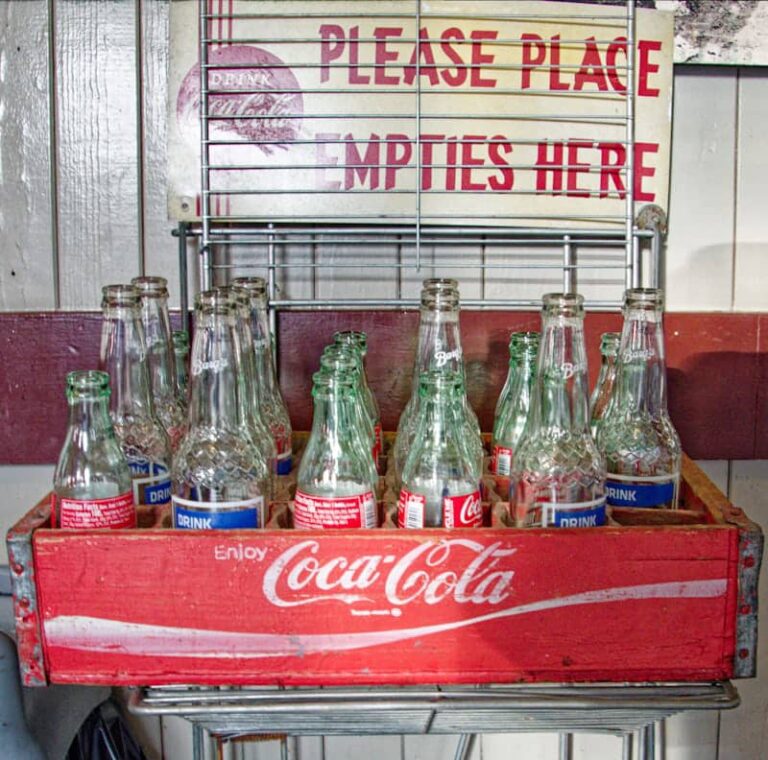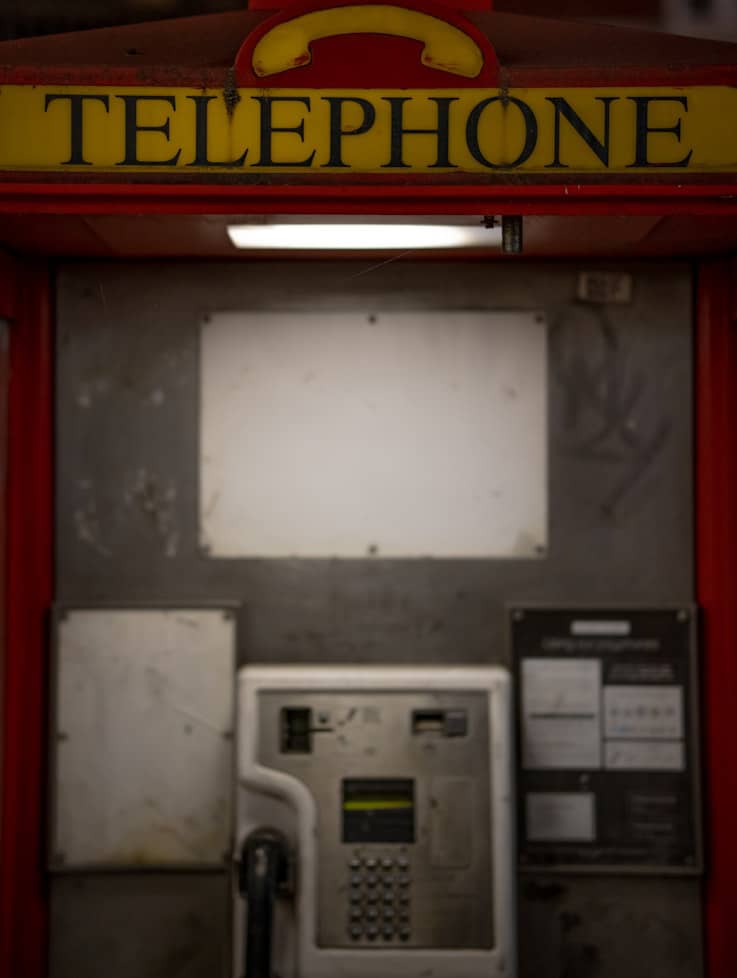MMM Nigeria: The Ponzi Scheme That Shook a Nation
Introduction
In the history of financial fraud in Nigeria, no story stands out like the rise and fall of MMM Nigeria. Between 2015 and 2017, millions of Nigerians joined the scheme, lured by promises of quick wealth. At its peak, MMM became a household name, but when it collapsed, billions were lost, families were torn apart, and painful lessons were learned.
What Was MMM?
MMM was first created in Russia in 1989 by Sergei Mavrodi, Vyacheslav Mavrodi, and Olga Melnikova. The company name simply came from their initials: MMM.
Initially a computer import business, it soon became a financial pyramid scheme that promised investors massive returns — up to 1,000%. It collapsed in Russia by 1994, but Sergei Mavrodi rebranded it as a “mutual aid community” and spread it to developing countries.
How MMM Came to Nigeria
MMM entered Nigeria in late 2015, branding itself not as an investment but as a peer-to-peer donation platform. Its slogan was simple:
“Provide Help and Get Help.”
Members were told that if they donated money, they would receive 30% more after 30 days.
Example:
If you “provided help” with ₦100,000, you would “get help” of ₦130,000 after a month.
The platform used an internal virtual currency called Mavro, displayed on each participant’s dashboard.
At the time, Nigeria was in economic recession: salaries were delayed, jobs were scarce, and inflation was high. MMM came like a financial miracle.
Why MMM Spread So Fast
By 2016, MMM had become a national craze. Its popularity spread through:
WhatsApp groups where people shared payment “testimonies.”
Churches and mosques, where members encouraged one another to join.
Campuses, where students pooled money to participate.
Markets and villages, where traders and farmers saw it as a path to quick profit.
Referral bonuses of 10% encouraged people to recruit family and friends. Soon, over 3 million Nigerians were involved.
Illustrating How MMM Worked
Think of MMM like this:
Person A donates ₦200,000.
MMM promises that in 30 days, Person A will “get help” worth ₦260,000.
To pay Person A, new people (Person B, Person C, etc.) must join and donate.
Their donations are used to pay Person A.
This cycle worked for early participants but depended entirely on new recruits. Once new money slowed down, the system became unsustainable.
Government Warnings
As MMM grew, Nigeria’s financial regulators raised alarms:https://www.cbn.gov.ng
The Central Bank of Nigeria (CBN) warned it was a dangerous Ponzi scheme.
The Securities and Exchange Commission (SEC) declared MMM illegal in Nigeria.
Newspapers ran stories urging Nigerians not to invest.
But most people ignored the warnings. Why?
- Early members were being paid.
- There was widespread distrust of government.
- Economic hardship made people cling to MMM as their last hope.
The Collapse of MMM Nigeria
According to BBC news, the platform froze all accounts in December 2016, leaving millions stranded.”
In December 2016, MMM shocked Nigerians by announcing that it was freezing withdrawals until January 2017.
The timing was terrible: just before Christmas, when many had invested their holiday savings. Panic set in immediately.
Families who pooled money together couldn’t access it.
Traders who sold land and goods were left stranded.
Borrowers who hoped to repay debts with MMM returns were trapped.
When MMM “resumed” in January 2017, participants found their balances were reset to zero. The platform never recovered. The scheme had collapsed.
The Aftermath of MMM’s Collapse
The damage was massive:
A https://www.premiumtimesng.com estimated that Nigerians lost over 18 billion Naira to MMM.
Families and friendships broken due to blame and mistrust.
Suicides reported as some victims couldn’t bear the losses.
Distrust in online platforms grew, affecting genuine digital businesses.
The founder, Sergei Mavrodi, continued MMM in other countries until his death in 2018 in Moscow.
Why Nigerians Fell for MMM
- Economic hardship during the 2016 recession.
- Community-driven marketing — friends and family recruited one another.
- Promise of high returns (30% per month).
- Lack of financial literacy on how Ponzi schemes operate.
Lessons Nigerians Learned from MMM
- Too-good-to-be-true offers usually are. No legitimate business can guarantee 30% monthly returns.
- Do due diligence. Always check if a financial scheme is registered with CBN or SEC.
- Ponzi schemes thrive on emotions. Desperation and greed often cloud sound judgment.
- Sustainability matters. Any scheme that depends on endless recruitment will collapse.
Conclusion
MMM Nigeria wasn’t just a Ponzi scheme — it was a national experience. It exposed the dangers of greed, ignorance, and financial desperation.
For millions, it was their first painful lesson in modern scams. Today, whenever a new money-making platform emerges, Nigerians still ask:
👉 “Is this not another MMM?”




